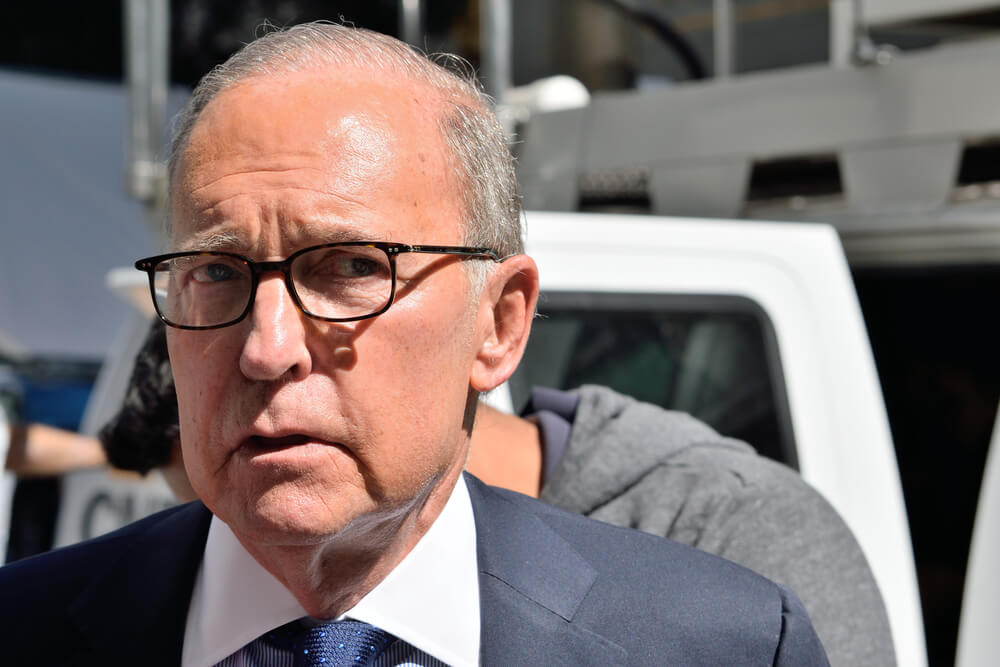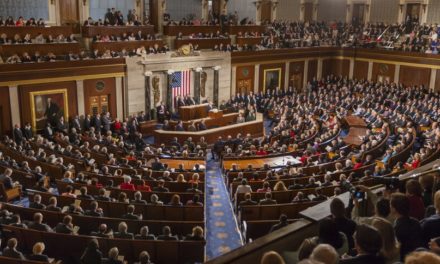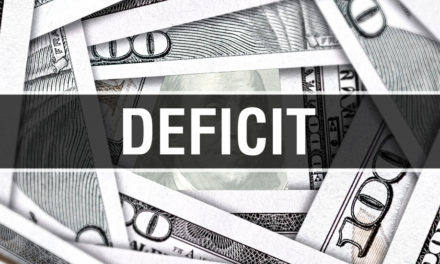National Economic Council Director Larry Kudlow said Tuesday that the U.S. economy will continue to grow at a 3% clip through the rest of 2019, even without a new trade deal with China.
“That 3% number is not contingent on a China deal that might not be satisfactory for American economic interests.”
“The U.S. economy is very strong,” Kudlow said on CNBC’s “Power Lunch.” “I think we’re in very good shape and I think we’ll maintain a 3% growth pace this year. That 3% number is not contingent on a China deal that might not be satisfactory for American economic interests. What has changed is lower tax rates, massive deregulation, opening up the energy sector and various trade reforms.”
The stock market was in a tailspin for much of the month of May after U.S. President Donald Trump said China was attempting to “renege” on parts of a new trade deal that had already been settled. On top of that, the jobs report released last Friday showed the economy added just 75,000 jobs in May, a far cry from the 180,000 economists projected.
Manufacturing activity also grew at its slowest pace since October 2016.
However, Kudlow shrugged off the poor numbers as an aberration.
“I wouldn’t put much stock in one month’s jobs number. There’s lots of other evidence” of a strong economy, he said.
There are signs that China’s economy continues to slow under the weight of tariffs applied by Washington.
China said its economy grew by 6.4% in the first quarter of 2019, yet global investors and economists are skeptical of the country’s official numbers because they believe Beijing exaggerates the figures.
According to CNBC, diesel demand in China fell 14% and 19% in March and April, respectively, reaching its lowest level in a decade. The lagging diesel demand could be an indicator that China’s economy is in much worse shape than reported.
“We believe the accelerating decline is most likely tied to economic factors and the effects of the tariff ‘war’ with the U.S. (lifted demand earlier in 2019 to ‘beat’ the tariffs, but now falling),” Wells Fargo energy analyst Roger Read said in a note Monday, according to CNBC. “If one wants to worry, that is where to focus most closely in our view.”




